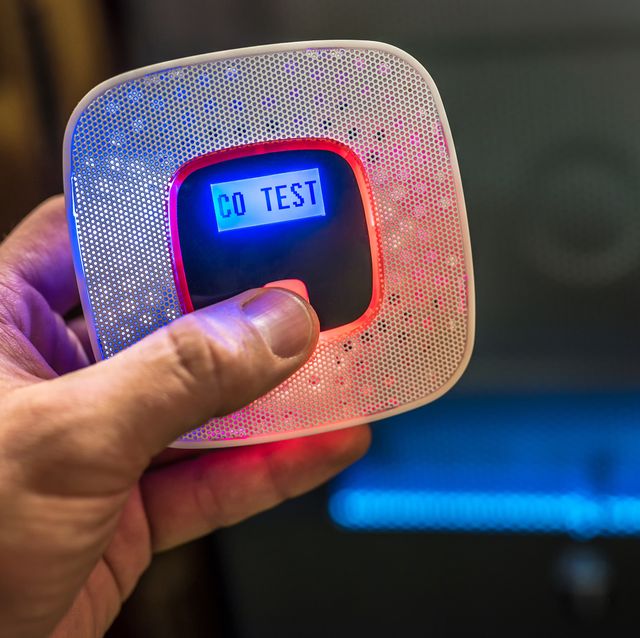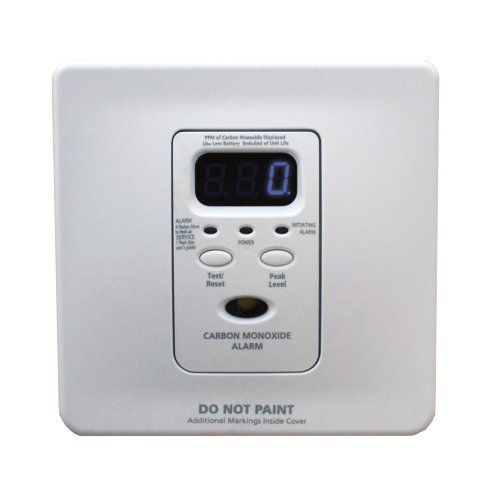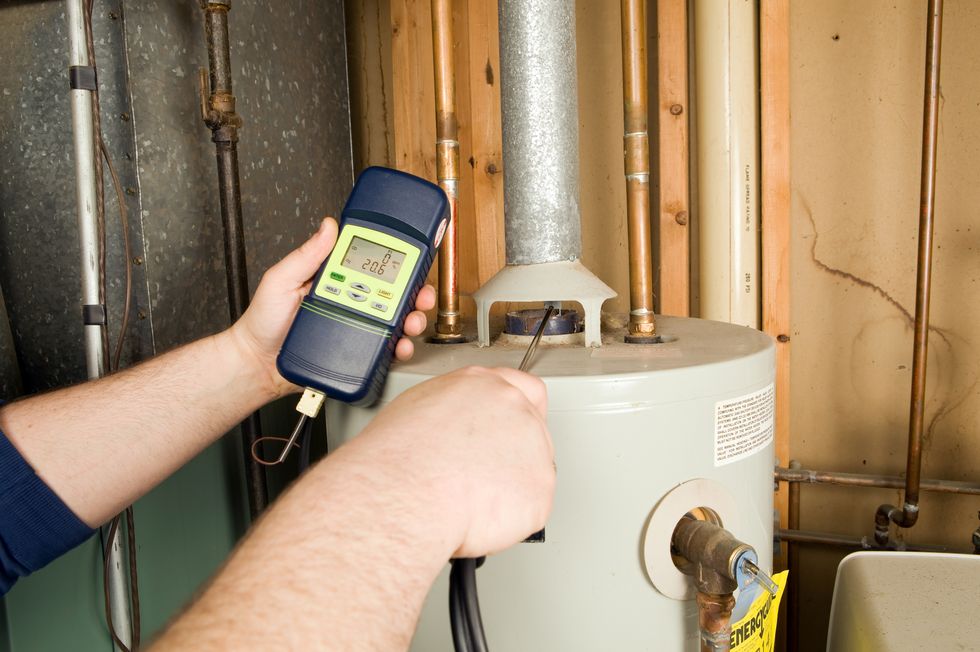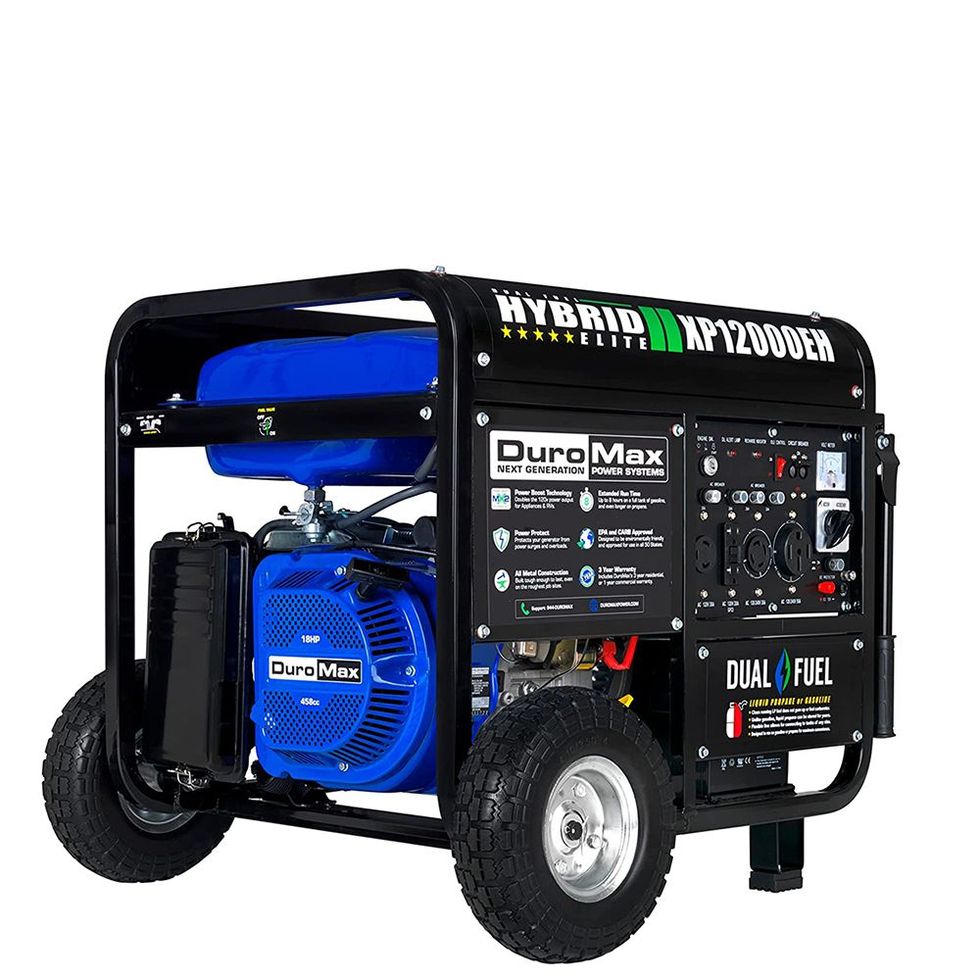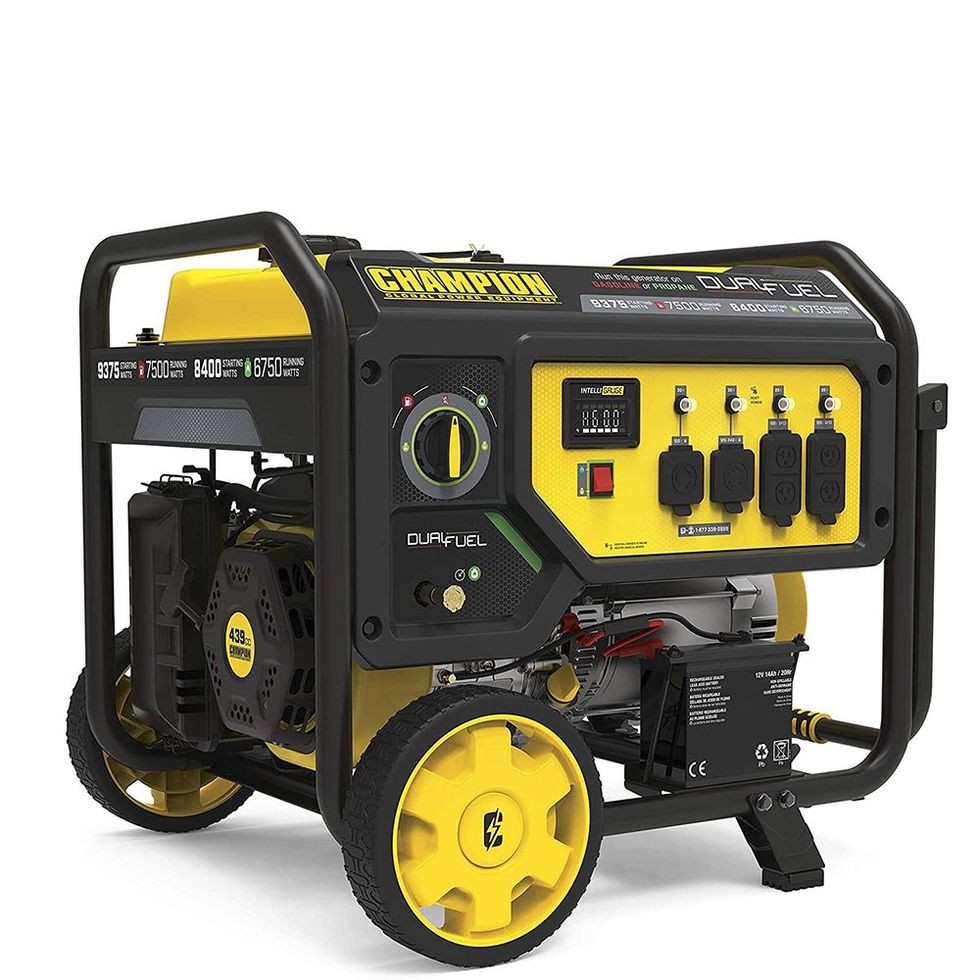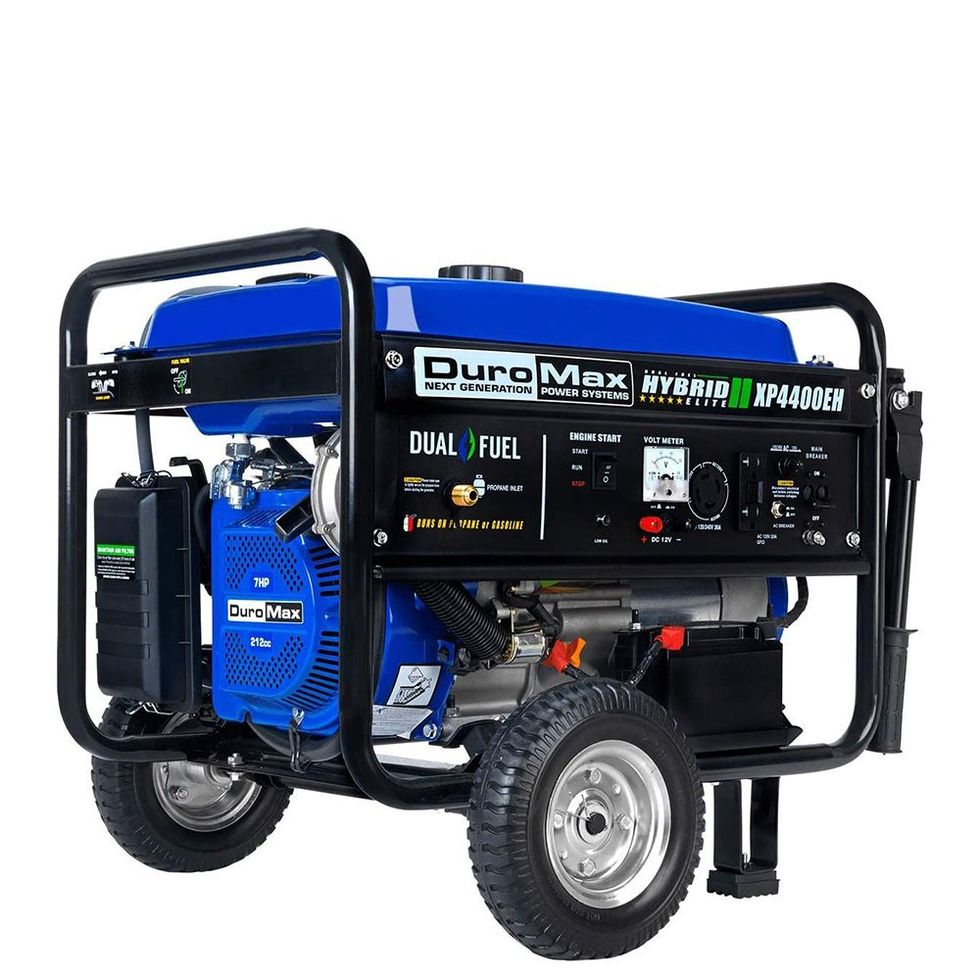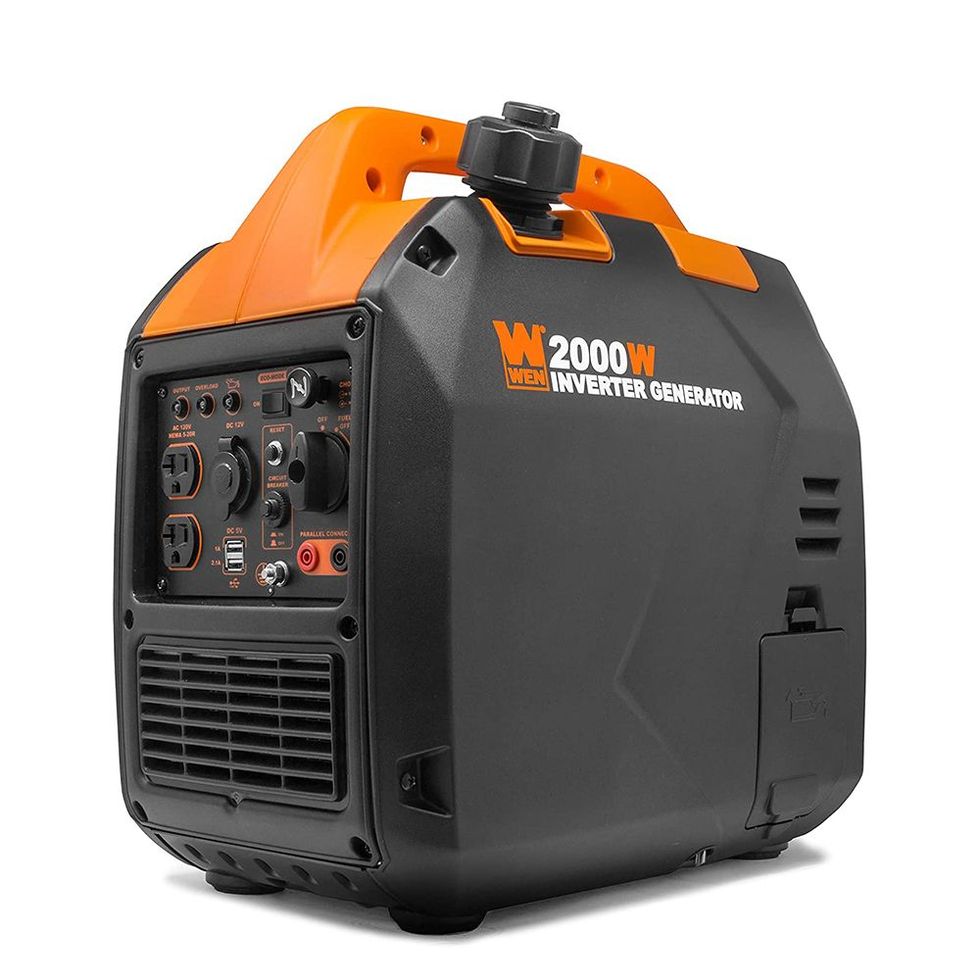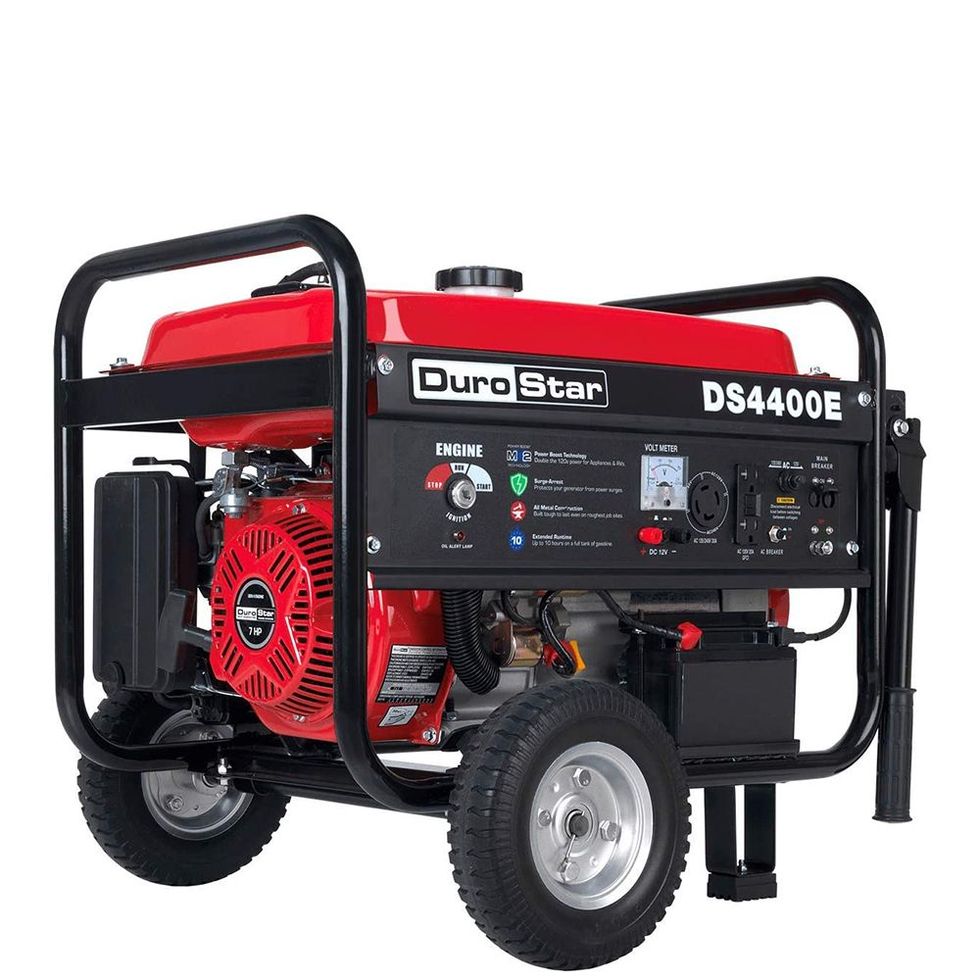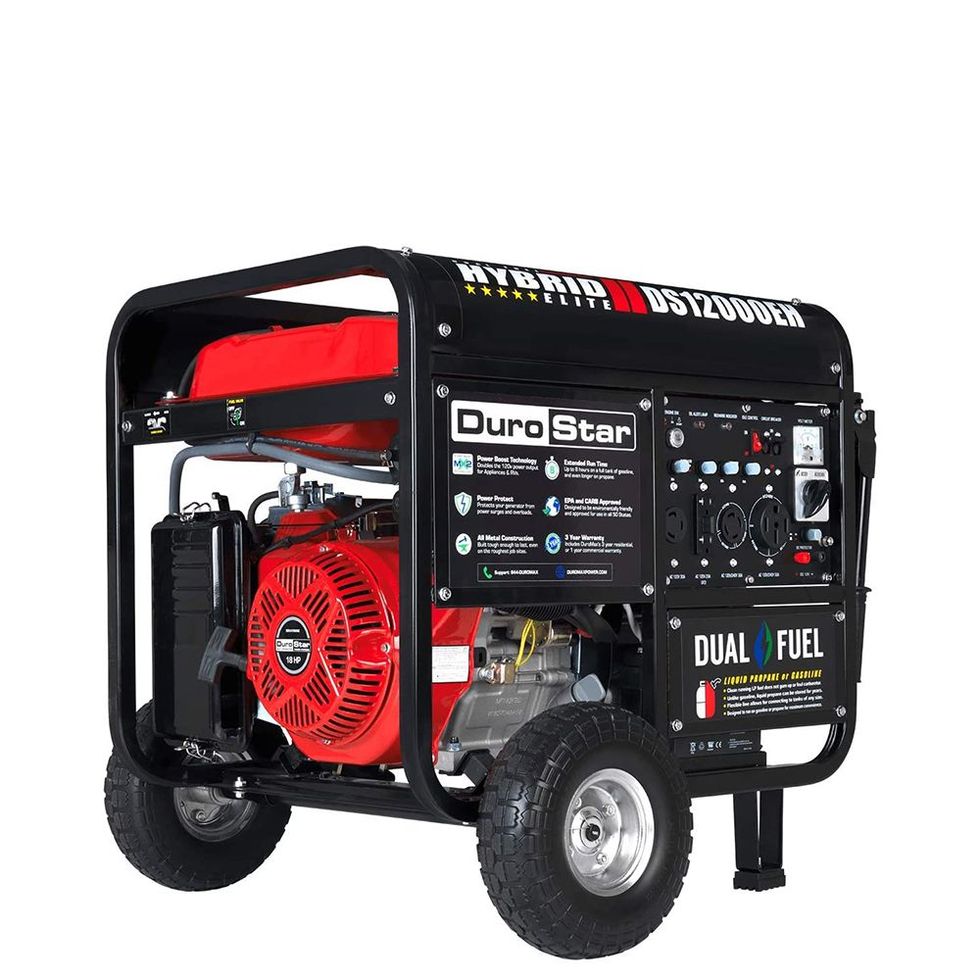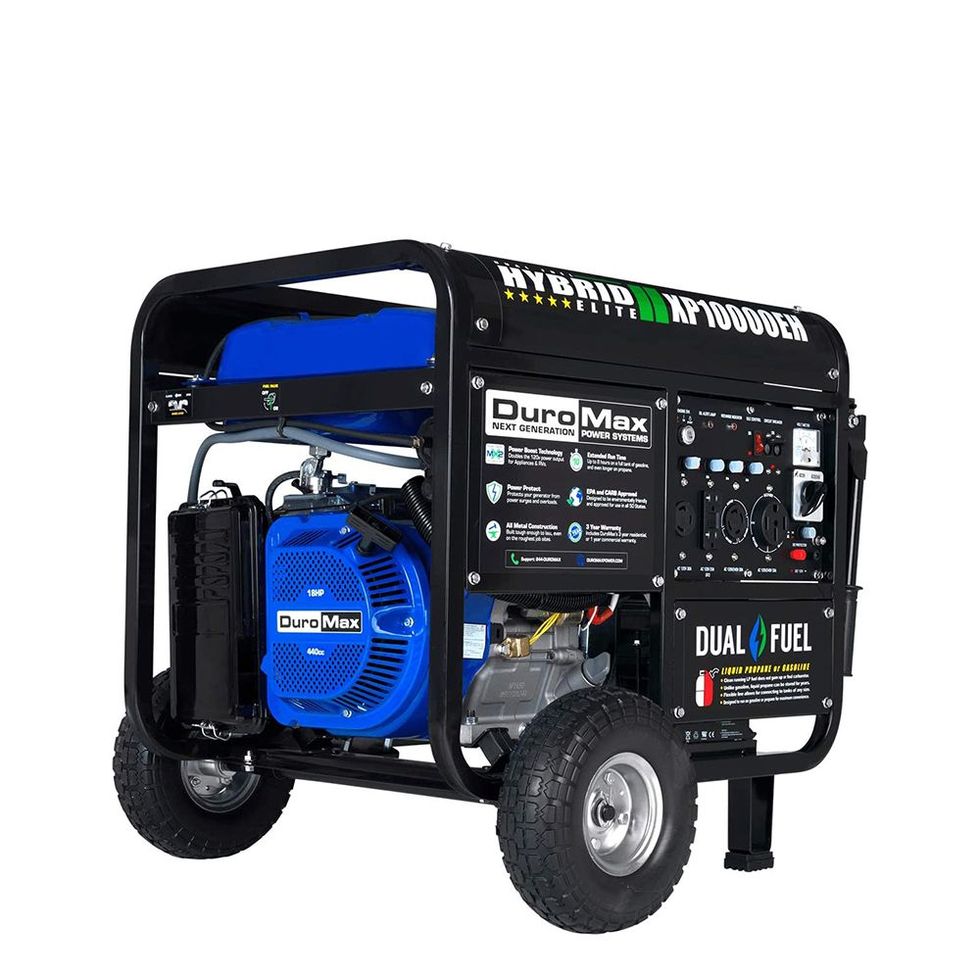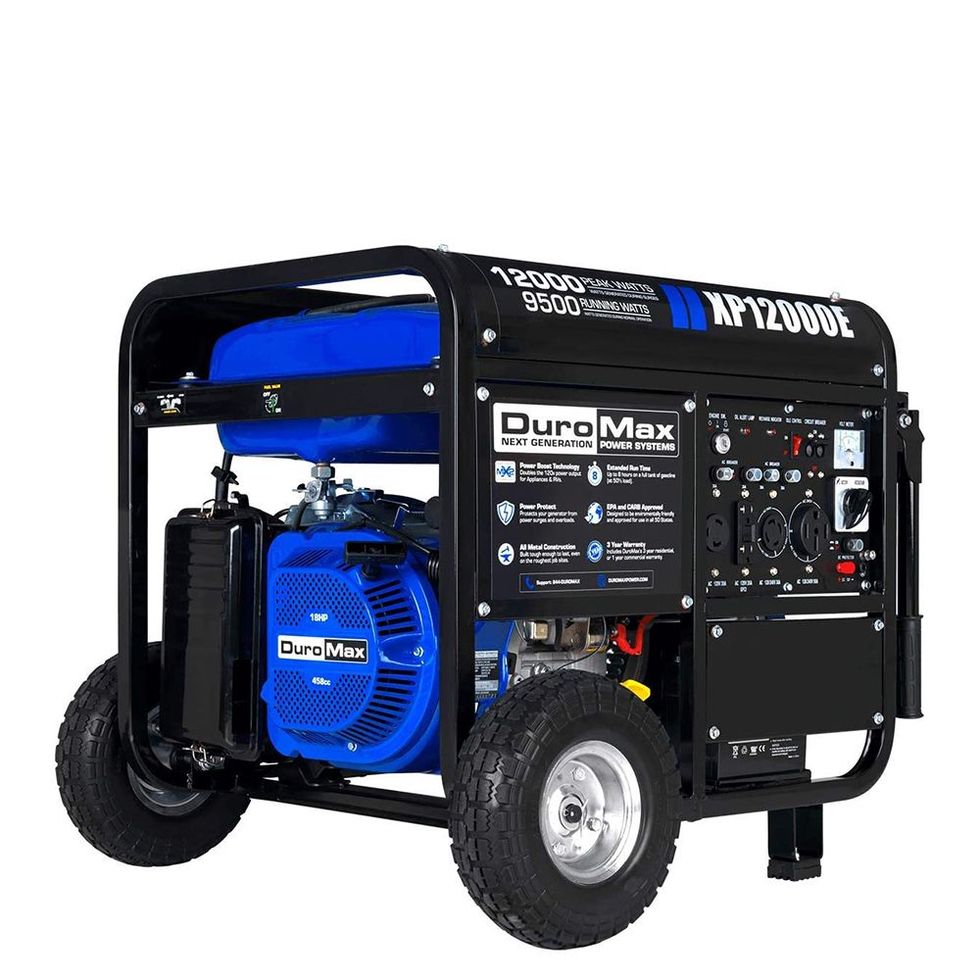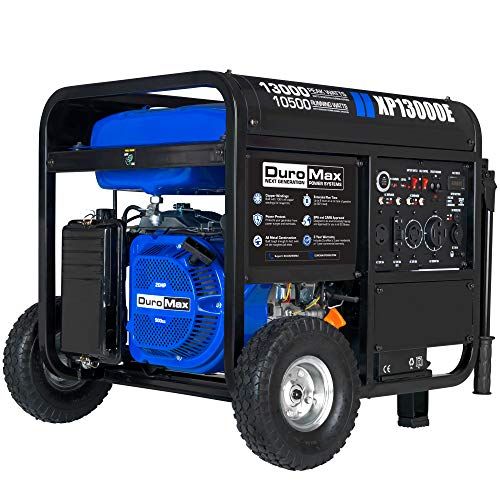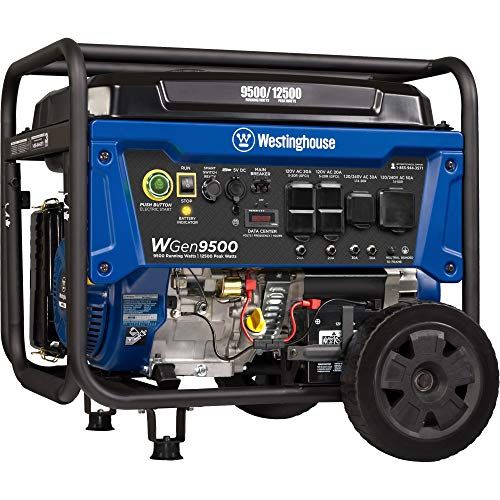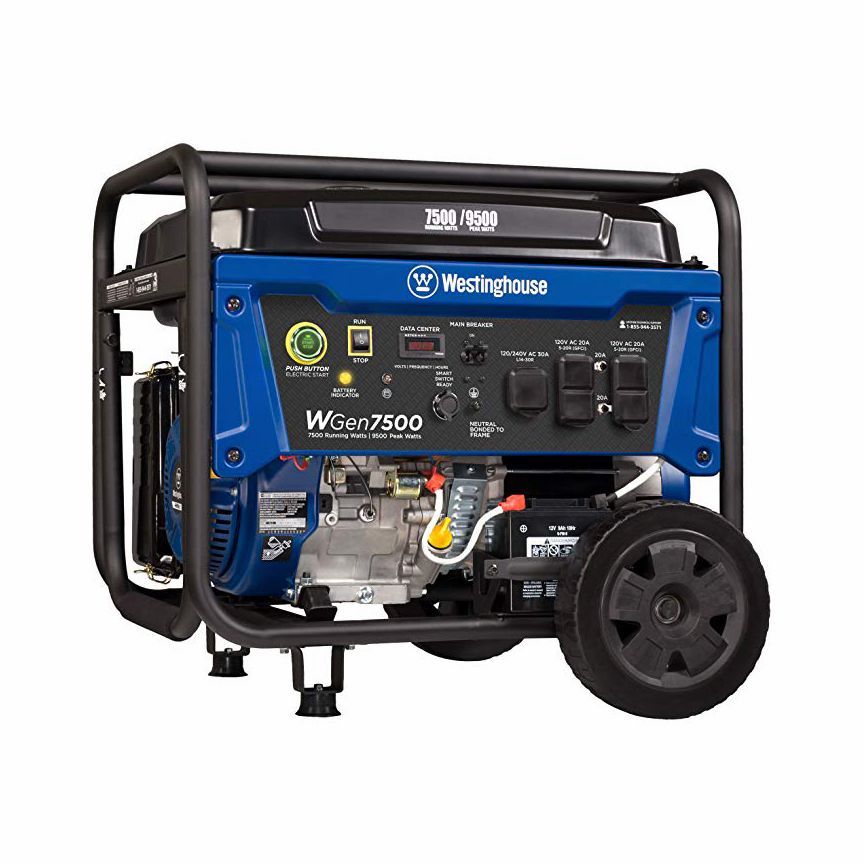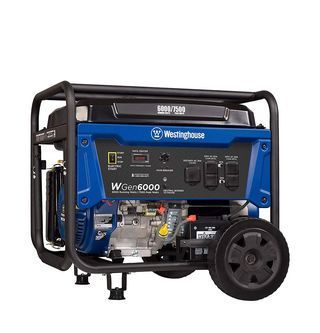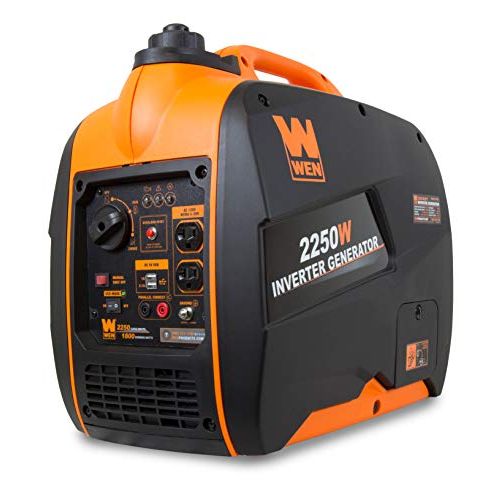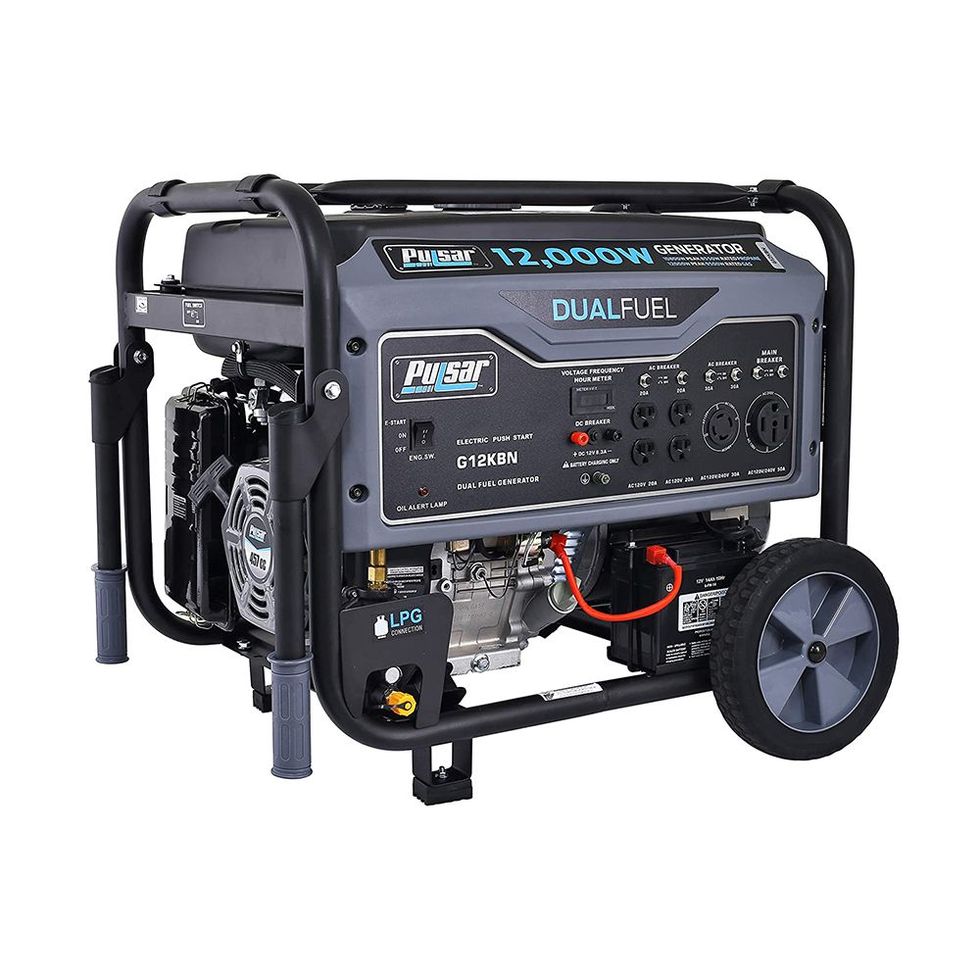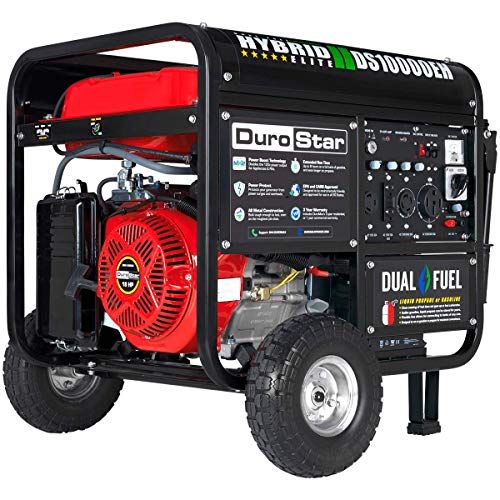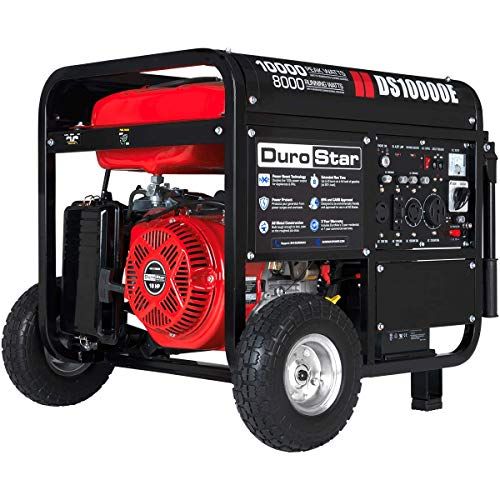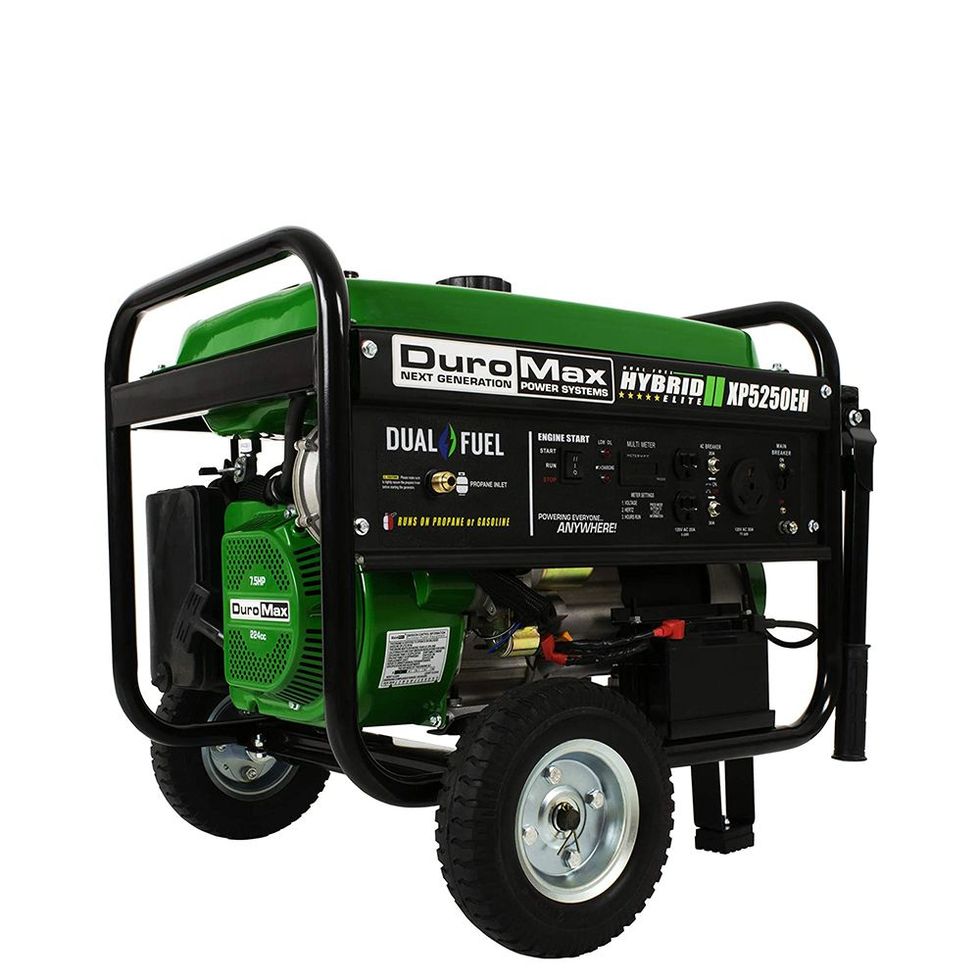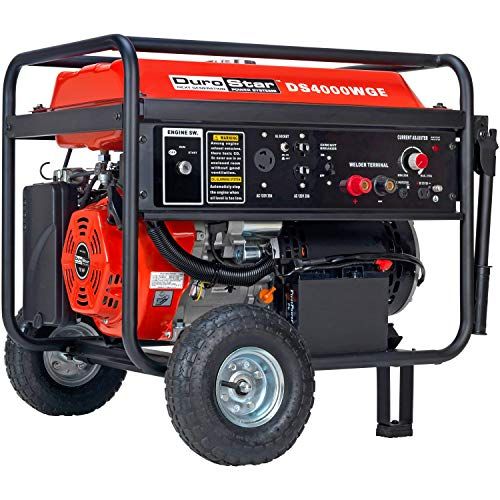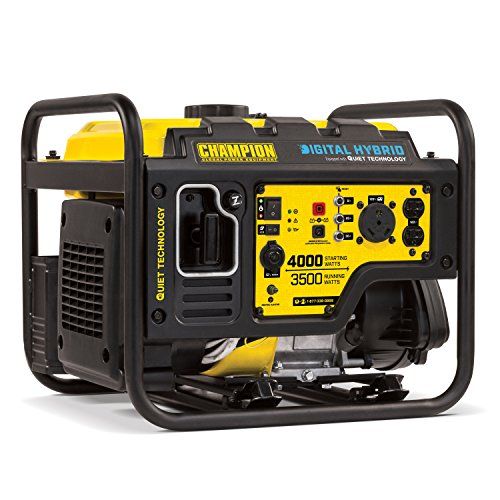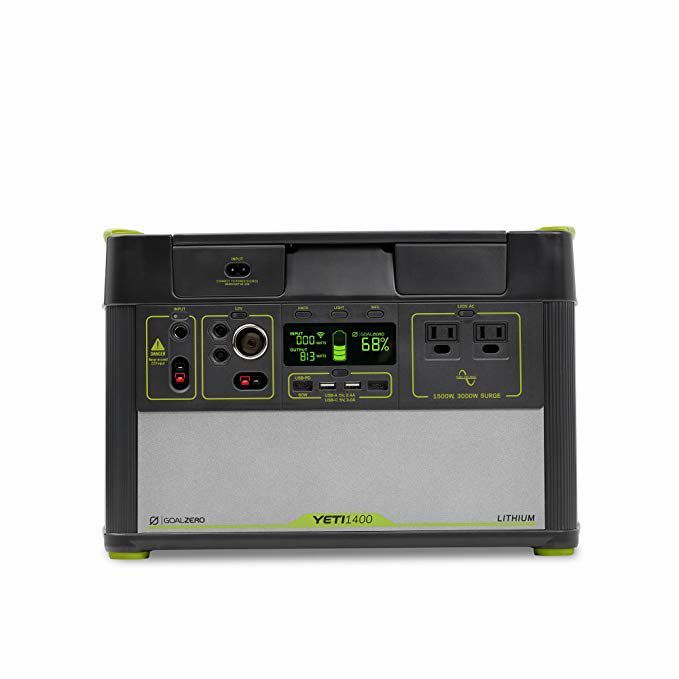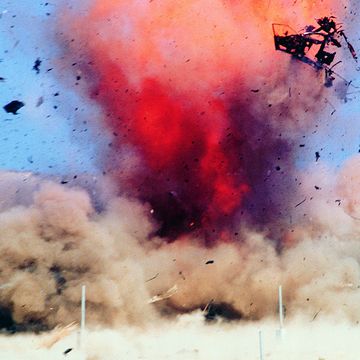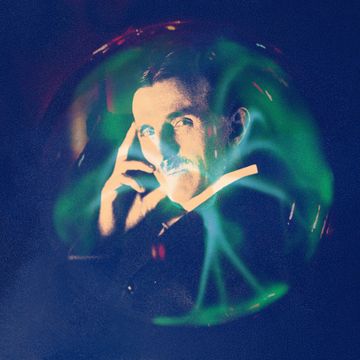- Winter Storm Uri has brought unprecedented snowfall and freezing temperatures to Texas, leaving millions of people at risk.
- Widespread blackouts have occurred across the state, as surges in demand for heat and electricity have overwhelmed the grid.
- Households are turning to portable generators to stay warm, but are now running the risk of carbon monoxide poisoning.
In the throes of Winter Storm Uri, Texans have struggled to find safe ways to stay warm. After temperatures plummeted to as low as zero degrees Fahrenheit on Sunday, utilities in Texas cut off power to millions of homes in a bid to reduce the strain on power grids. Days later, hundreds of thousands of people are still without power.
Households are now turning to backup home generators, just as Californians did last summer when utilities shut off power as fires devastated the state. While gas-powered generators provide a quick and efficient way to get warm and establish some sense of normalcy, they also come with a silent, but deadly risk: carbon monoxide poisoning.
As Texans turn to generators, cars, and ovens for warmth, they're sometimes making life-or-death decisions. Officials in the Houston area confirmed that at least two people have died from carbon monoxide poisoning between Monday and Tuesday, and another 100 became sick from the tasteless, odorless gas, according to The New York Times. And last year, most of the deaths that occurred during the Hurricane Laura natural disaster were due to carbon monoxide poisoning.
✔ Pop Mech Pro: Get exclusive answers to your burning science questions.
That doesn't mean you can't safely run a generator in your home—you just have to be smart about it. We've researched some of the best carbon monoxide detectors you can buy on Amazon (see above), and compiled everything you need to know to safely keep the electricity humming while staying warm.
What Is Carbon Monoxide?
Carbon monoxide (CO) is a poisonous—but colorless, odorless, and tasteless—gas, making it difficult to detect without special equipment, according to the Occupational Safety and Health Administration (OSHA), a regulatory agency of the U.S. Department of Labor focused on workplace safety.
Carbon monoxide is usually found mixed with other gases that do have an odor, so it's possible to inhale carbon monoxide along with other nonlethal gases and not even realize its presence. This is especially true while burning material that contains carbon, like natural gas, gasoline, kerosene, oil, propane, coal, or wood.
In industrial settings, blast furnaces and coke ovens produce carbon monoxide, but the dangers exist at home, too. Internal combustion engines, like the one in your car, can produce high levels of carbon monoxide, which is why you'll sometimes see reports of people dying in their car while running the engine in the garage.
Generally, you'll find carbon monoxide fumes any time you burn fuel in a car or truck, small engines, stoves, lanterns, grills, gas ranges, furnaces, or fireplaces, according to the U.S. Centers for Disease Control and Prevention (CDC).
But portable generators may be the worst culprits. According to a North Carolina State University study published in the Journal of the Air & Waste Management Association in 2003, a typical engine powering a 5-kilowatt generator emits a similar amount of carbon monoxide as 450 idling cars.
What Is Carbon Monoxide Poisoning?
Carbon monoxide poisoning occurs when you breathe in dangerous amounts of the gas. It displaces the oxygen in your blood, depriving your heart, brain, and other vital organs of oxygen, according to OSHA. The process can lead to serious tissue damage and even death. This occurs so quickly, you may not even realizing it's happening. You can lose consciousness and suffocate within minutes.
Even if you do catch on in time, carbon monoxide poisoning can have devastating long-term effects, including permanent brain damage, heart damage that could lead to cardiac complications, and fetal death or miscarriage.
What Are the Signs of Carbon Monoxide Poisoning?
According to the Mayo Clinic, there are a few common symptoms that could point to carbon monoxide poisoning. If you're experiencing any of the following, move to a place outside with fresh air and seek medical attention:
- Dull headache
- Weakness
- Dizziness
- Nausea or vomiting
- Shortness of breath
- Confusion
- Blurred vision
- Loss of consciousness
Some populations are especially at risk of carbon monoxide poisoning. Unborn babies are more susceptible because fetal blood cells take up carbon monoxide gas more readily than adult blood cells, for example. Young children take more breaths than adults do, which can lead to a higher risk of carbon monoxide poisoning.
Older adults are also more likely to experience brain damage from carbon monoxide poisoning. Additionally, people who have chronic heart disease could get more sick from exposure to the gas, and people who have gone unconscious as a result of exposure could experience severe damage.
How to Safely Use a Generator and Avoid Carbon Monoxide Poisoning
There is a responsible way to use alternate forms of heat generation in an emergency. The most obvious is the portable gas-powered generator. You must follow these tips:
➡️ Never run a generator in an enclosed space: Under no circumstance should you ever run your generator in a garage, utility building, basement, or shed—even if you have a door open! Limit opportunities for carbon monoxide to collect to deadly levels.
➡️ Point the exhaust away from your home: Orient the generator relative to a prevailing wind if you can, so it's down-wind from your house. Use a chain and padlock to secure the generator in place.
➡️ Buy a generator with an automatic shutoff feature: Some generators come with a built-in CO detector that will turn the machine off before the poisonous gas builds to a deadly level. These are more expensive, but you can't put a price on safety.
What About Kitchen Appliances, Grills, and Cars?
If you don't have a generator, steer clear of using your oven, stovetop, grill, car, or propane/kerosene heater to keep warm. Dallas Fire-Rescue warns against using any of these things; a fireplace or a wood-burning stove are much safer options. Always make sure you have ample ventilation inside your home, and remember to install a carbon monoxide detector on every floor of your house—it might just save your life.
Additional reporting by Roy Berendsohn.
